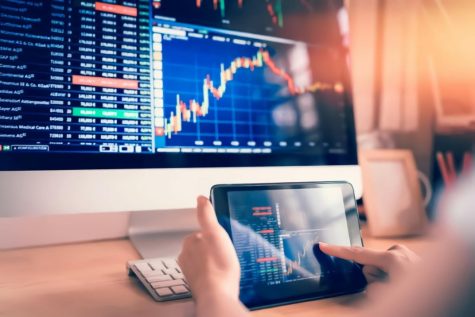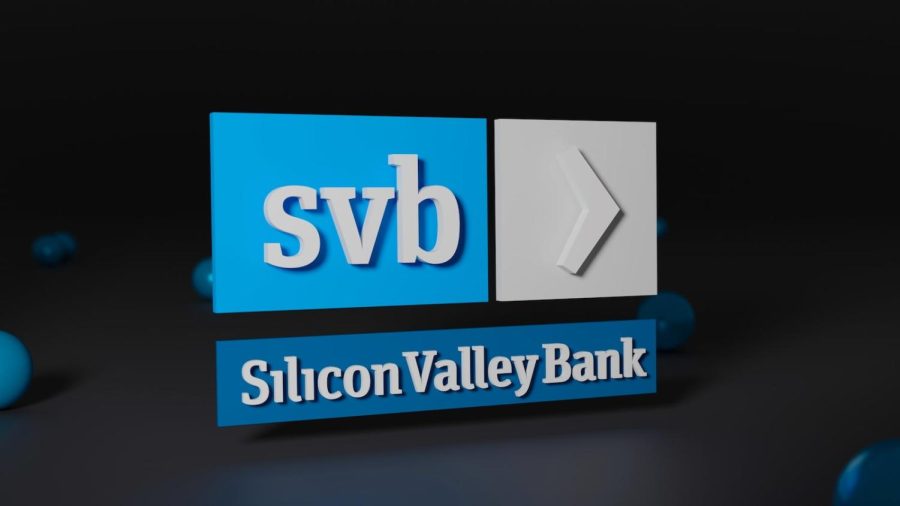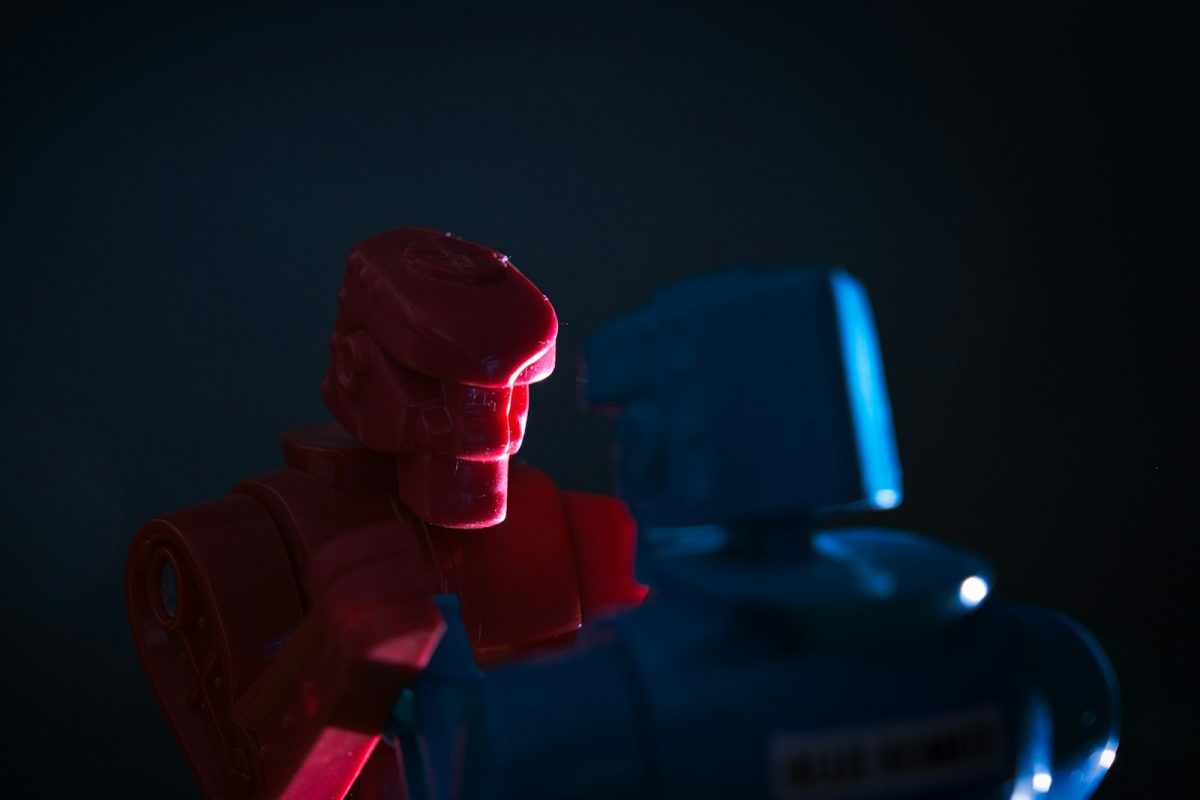The Silicon Valley Bank Collapse
So What Happened To Cause The Largest Bank To Fail Since 2008?
In only 48 hours, Silicon Valley Bank, the provider for many VCs and innovative companies, has just collapsed and gone under. So what happened?
Why?
SVB, at a total of $209 billion worth of assets, is the largest bank to collapse since the 2008 economic crisis which was caused by the sudden rise and mistakes in the real estate industry. Simply put, the collapse was due to a classic panic. The depositors decided to draw out more money the bank had and it caused it to run out of money. The longer answer is much more complicated. Over the past year or so, the Federal Reserve has increased the inflation rate in an attempt to tame the inflation caused by the COVID-19 pandemic. The sudden change caused momentum in tech stocks that had benefitted SVB to plummet. The higher interest rate weakened the value of the long-term bonds that SVB had purchased during a time with lower interest rates. The bonds had an average of 1.79% with the current 10-year Treasury yield being 3.9%. All of this happened at the same time venture capital started to become less successful. So while their bonds were losing mountains of value, the customer withdrawal speed started to increase. These factors all contributed to the collapse of the largest bank since Washington Mutual in 2008.
Timeline
As said previously, unknowingly, the bank had been slowly losing money through their bonds, but on March 8th, when they sold securities at a loss, it caused venture capitalists to panic. They the advised companies to withdraw money from the bank and caused a sudden influx of withdrawals of money that SVB didn’t have. SVB’s stock began a sudden free fall in the morning of March 9th, dragging other banks along with it. This raised concern about a repeat of the 2007-08 financial crisis. By the morning of March 10th, SVB’s shares were stopped and had discontinued attempts to raise money or find a buyer to gain money. California regulators intervened shortly afterward and handed the bank to the Federal Deposit Insurance Corporation.
Aftermath
Following the events from March 8th to March 10th a few things happened. The FDIC created the Deposit Insurance National Bank of Santa Clara to hold the insured deposits from SVB. The FDIC covers up to $250,000 per depositor per bank and is planning to do so again with SVB.
Who does this affect?
Some big names in the tech or online industry have been affected. Some of these include the massive video game platform, Roblox, the online marketplace, Etsy, and even one of the most popular social media companies, Pinterest has been negatively impacted by the collapse of SVB. As of a February 28th filing, Roblox reportedly had 5% of their $3 billion in cash in SVB . Etsy has had many different cases of payment delays, with stocks falling 3% from March 10th to March 13th to $102.84 per share. Pinterest has had a similar stock drop as Etsy with stocks dropping 5% in the same time period, but eventually settling with a 2% drop in their stock. Not only have big corporations been impacted, but even smaller businesses such as Compass Coffee, a coffee store chain residing in Washington D.C., has had “severe issues” with payroll and getting employees paid on time. Businesses outside from the banking and even tech industry have been influenced by SVB’s collapse.
. Etsy has had many different cases of payment delays, with stocks falling 3% from March 10th to March 13th to $102.84 per share. Pinterest has had a similar stock drop as Etsy with stocks dropping 5% in the same time period, but eventually settling with a 2% drop in their stock. Not only have big corporations been impacted, but even smaller businesses such as Compass Coffee, a coffee store chain residing in Washington D.C., has had “severe issues” with payroll and getting employees paid on time. Businesses outside from the banking and even tech industry have been influenced by SVB’s collapse.
Conclusion
SVB’s failure has caused a ripple effect across the tech and other industries, but will it continue to take down more banks? The answer is no, and according to experts most banks have enough capital to withstand a loss like SVB’s, so it’s okay to still keep your life savings in a bank (as long as it’s trustworthy!).
Related Articles
https://www.washingtonpost.com/business/2023/03/11/silicon-valley-bank-companies-affected/
https://www.nytimes.com/article/svb-silicon-valley-bank-explainer.html
https://www.cnbc.com/2023/03/13/silicon-valley-bank-asia.html
https://www.cnn.com/2023/03/11/business/svb-bank-collapse-explainer-timeline/index.html
Take Action
Make sure your money stays safe by reading this article.
https://www.businessinsider.com/personal-finance/ways-make-sure-money-protected-svb-fallout-2023-3















